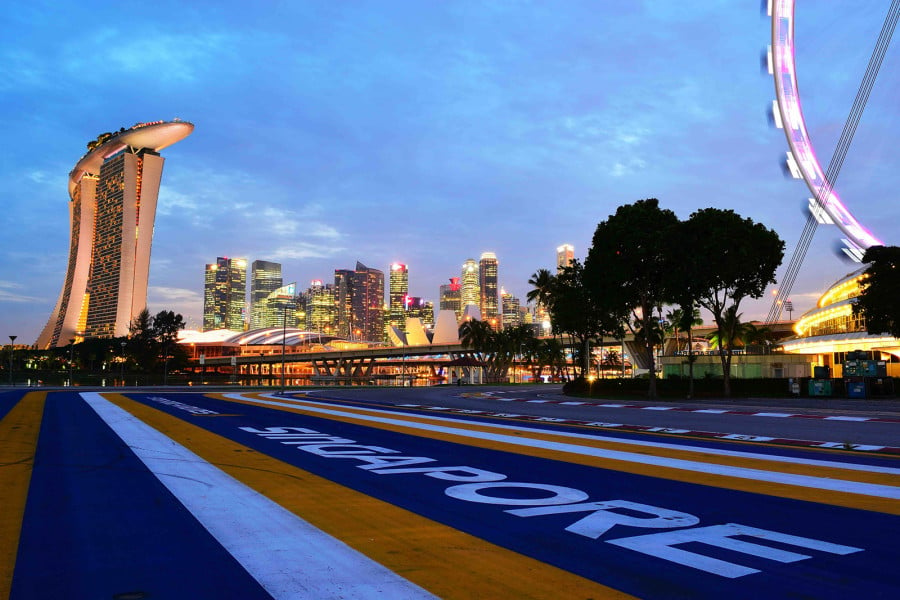Singapore: the opportunities & challenges facing an emerging sports law jurisdiction

In the world of sports law, Singapore may (unfortunately) be best known for being the home of ‘the world’s most notorious match-fixing syndicate’,[1] led by Dan Tan, Wilson Raj Perumal, and other associates, who were finally arrested in 2014 just before the start of the World Cup. Thankfully, however, there is far more to Singapore’s emerging sports industry than that. After winning its first gold medal at the 2016 Olympic Games in swimming (with Joseph Schooling pipping Michael Phelps[2]) Singapore sought to establish itself as a sporting nation to try to rival its own achievements as “the world’s most competitive economy” and one of the world’s safest cities.[3]
This article provides an introduction to Singapore’s sport industry, with a particular focus on the governance and legal challenges that it faces. Specifically, it looks at:
- The administrative structure
- Sports budgets
- Sports initiatives and Vision 2030
- Personal and socio-economic obstacles to participation
- The need for better governance
- The need for improved sports tribunals
To continue reading or watching login or register here
Already a member? Sign in
Get access to all of the expert analysis and commentary at LawInSport including articles, webinars, conference videos and podcast transcripts. Find out more here.
- Tags: Arbitration | Dispute Resolution | Governance | Olympics | Regulation | Singapore | Sport Singapore | Swimming
Related Articles
- Cheating in esports: a review of the “emilshe1n” decision and the role of ESIC in esports regulation
- Covid-19: the challenges and opportunities facing Spain’s sports industry
- Sport, safety and participation – the year in review 2019/20
- FIFA Guardians and why international federations should play a greater role in safeguarding sport
Written by
Chui Ling Goh (Ling)
Chui Ling Goh (Ling) is Foreign Associate with Martens Lawyers in Munich, Germany, and a doctoral researcher with University of Zurich, specialising in sports law and human rights. Ling graduated with a L.L.B. (Hons) from National University of Singapore in 2016, L.L.M. in University of Melbourne in 2020, with special focus on sports law and human rights. Ling is a published author in journals such as Harvard Journal in Sports and Entertainment Law, Australian and New Zealand Sports Law Association (ANZSLA) Journal, and International Sports Law Review. Ling has professionally advised international and national sporting federations and companies on their legal and policy issues, such as governance and employment.




